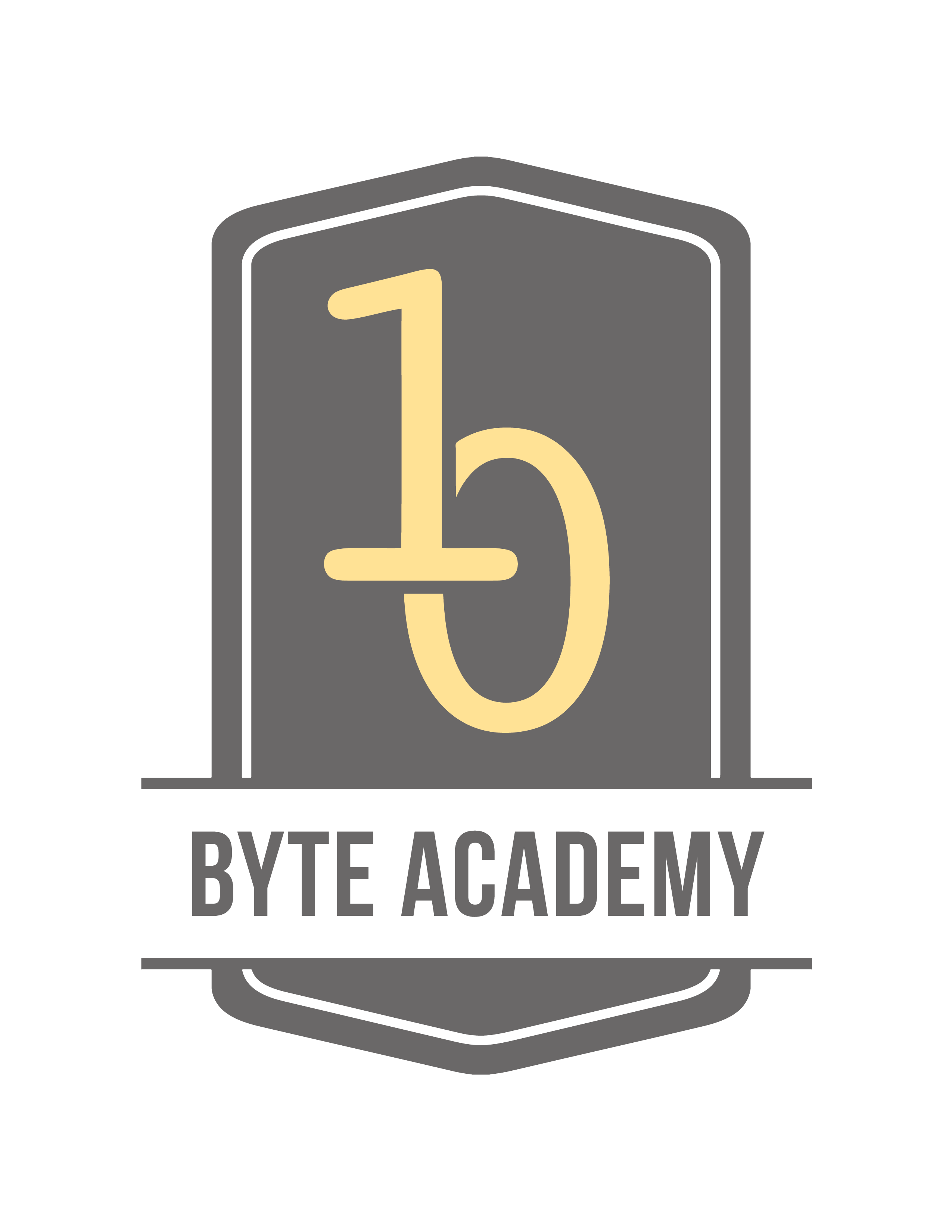Everyone seems to be intrigued by Machine Learning, which has become a "buzz word" lately. Although intimidating, you can certainly break into the field, or learn more about another phrase we hear a lot, Natural Language Processing. Read some tips and background from Data Scientist, Lesley Cordero, who teaches our Data Science course. Lesley also teaches a class in machine learning for those interested in the particular area.
What's the difference between Machine Learning and Natural Language Processing (NLP)?
Both are similar because they allow for prediction based on pattern detection. Both are also similar in that they rely heavily on statistics.
With that said, Machine Learning Algorithms generally refer to algorithms like regression, classification, support vector machines, decision trees, random forests, etc. These algorithms are all used in the prediction of numerical data. Natural Language Processing is a more specific discipline that applies statistical models and techniques in order to detect patterns in text/speech.
What are some tips for entering Machine Learning?
Be strong in math and be incredibly comfortable with probability, statistics, and linear algebra.
If you want to learn the theory behind Machine Learning, I would follow a useful online course like the one offered by Stanford (Byte Academy will be offering on soon). On the technical side, you should become fluent in Python & R, especially the built in modules like nltk, sci-kitlearn, and theano. I educate on these items in the Data Science Course that I teach at Byte Academy.
Is now a good time to start a career in Machine Learning?
If you’re asking whether or not there’s a large demand in Machine Learning, the short answer is absolutely. There are plenty of job prospects for people with a machine learning background, whether that be in academia or industry. With that said, a career in machine learning doesn’t just happen overnight. A solid background in statistics and linear algebra is definitely needed, likely as well as a solid programming background (R or Python, most likely).
If you actually like machine learning and have the time to invest into creating a career out of it, I’d say go for it! The problem won’t be a lack of jobs, but, rather, possibly a lack of sufficient background.
If you’re interested in learning more data science/machine learning, check out Byte Academy’s Data Science course here.
What's it like to be a Machine Learning or Data Science Engineer?
Much like software engineering roles, the core of your job is to be an engineer. So while your job encompasses the concepts behind the machine learning models you work with, you central focus is on the actual implementation. In my own experience, being a data engineer involves a lot less mathematical application than being a data scientist.


